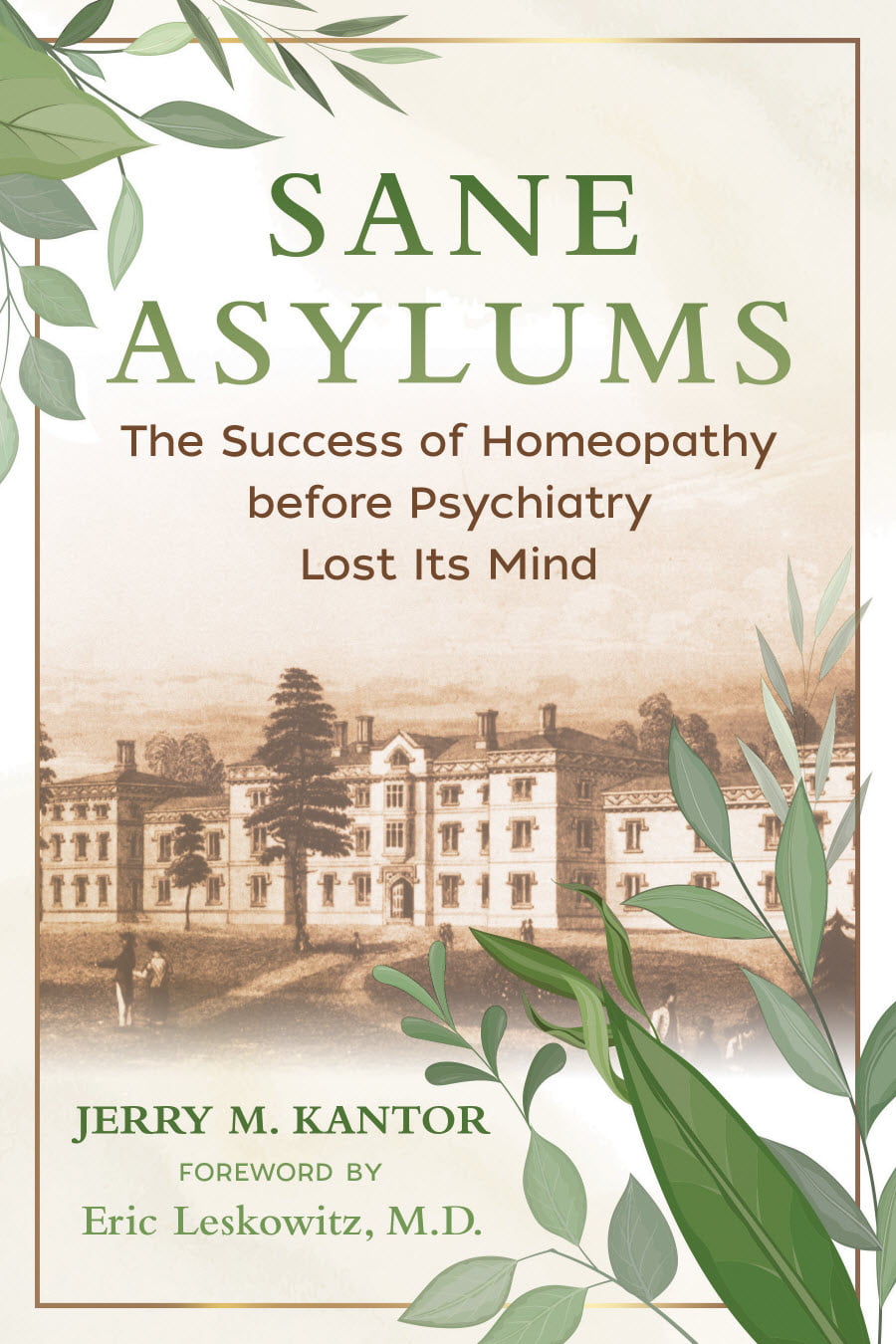INVESTING IN SANITY
The moral code of our society is so demanding that no one can think, feel, and act in a completely moral way. For example, we are not supposed to hate anyone, yet almost everyone hates somebody at some time or other, whether he admits it to himself or not. Some people are so highly socialized that the attempt to think, feel, and act morally imposes a severe burden on them.
Theodore Kaczynski, Industrial Society and Its Future
Are opportunities to invest in sanity matched by a willingness to respond?
Early on in my career as an acupuncturist, a client whom I had been treating for glaucoma reported that, pleased with the recent drop in her eye pressure, her physician at Mass Eye and Ear encouraged her to continue with my treatments. Surprised to hear this, I called the doctor to inquire if he might possibly partner with me in researching acupuncture for glaucoma. He responded that, since drugs currently in use adequately controlled glaucoma, there was no interest. Our mutual client’s glaucoma being uncontrollable, however, he encouraged further acupuncture!
While I was director of complementary clinical services for the Wellesley Center for Progressive Health in Wellesley, Massachusetts (originally the Marino Center for Integrative Health), my physician counterpart, the director of conventional medical services, grew annoyed by my habit of weaning clients from their medications with homeopathy. Perplexed that she had a problem with this, as my patients were improving, I asked her: “What would be your preference, having someone be in a state of good health using homeopathic remedies and not medication-dependent, or well balanced on several medications?” She told me she preferred the latter. Incredulous, I quit the Wellesley Center shortly thereafter.
Homeopathic medicines are effective, inexpensive, well researched and side-effect free. What is more reasonable than to support the methods through which they are prescribed and acknowledge homeopathy’s prominent role in medical history? It would seem that to delve into homeopathy’s stellar past performance or to provide access to remedies that routinely outperform potentially dangerous, expensive, one-size- fits-all pharmaceuticals is to invest in sanity.
For homeopathy our basic commonalities, our organ systems, bone structure, or agreeing that what constitutes ‘reality’ is a settled matter, are of minor importance. Not trivial is our uniqueness. A patient laments: “Doctors struggle to diagnose me. I always fall between the cracks.” My response is, “For the homeopath every patient is a ‘crack’.” People treated as unique beings or, better yet, celebrated for the trailblazing journey they chart while facing life’s challenges, thrive rather than wilt. John D. Rockefeller would make a sour face to hear it, but dispensing with the classification ‘abnormal’ can be a sound investment.
Before peering through this perspectival lens to venture a glimpse at modern-day psychiatry, a word about the profession’s divorce from neurology is in order.
NEUROLOGY AND PSYCHIATRY
Up until the 20th century in the west, neurology and psychiatry made up an intertwined field known as neuropsychiatry. Jean-Martin Charcot, Sigmund Freud, John Hughlings Jackson and Eugen Bleuler, along with early homeopathic asylum superintendents, never questioned that the brain and mind could be studied in tandem. In the emerging schism neurologists focused on those brain disorders with cognitive and behavioral abnormalities that also presented with somatic signs: Conditions such as stroke, multiple sclerosis, and Parkinson’s disease.
We can’t overlook the profession’s culpability in the opioid crisis, but other than in the area of pain management, neurologists tend to diagnose rather than prescribe. For savvy psychiatrists, on the other hand, prescribing drugs to counter spurious if not imaginary correlations of mood and thought ‘disorder’ with neurological function was irresistibly lucrative.
Along with neuropsychiatry’s divergence from homeopathy, psychiatry’s divorce from neurology and resurfacing as what could be called psychotoxicology ranks among medicine’s greatest calamities.
PSYCHOSIS
The concept of mental illness constitutes the general stigma class of Institutional Psychiatry, with specific psychiatric diagnostic categories or “entities”—such as addiction, psychopathic personality, or schizophrenia serving as members of this class. Thomas Szasz, The Manufacture of Medical Stigma
In the quote above and throughout his writings Thomas Szasz makes the point that mental illness categories are constructs that are not designed to keep people well; rather, they serve sociological, political, and economic purpose. The history of psychotropic drugs shows this to be true.
Excerpt from:
Sane Asylums
the Success of Homeopathy before Psychiatry Lost Its Mind
By Jerry M. Kantor
In this book Jerry Kantor reveals the astonishing but suppressed history of homeopathic psychiatry. He examines the success of homeopathic psychiatric asylums in America from the post-Civil War era until 1920, including how the madness of Mary Todd Lincoln was effectively treated with homeopathy at a ‘sane’ asylum in Illinois. He focuses in particular on New York’s Middletown State Homeopathic Hospital for the Insane, where Superintendent Selden Talcott oversaw a compassionate and holistic treatment regime that married Thomas Kirkbride’s moral treatment principles to homeopathy.

About the Author: Jerry M. Kantor, L.Ac., CCH, MMHS, is a faculty member of the Ontario College of Homeopathic Medicine and owner of Vital Force Health Care LLC, a Boston-area homeopathy and acupuncture practice. The first acupuncturist to receive an academic appointment at Harvard Medical School’s Department of Anaesthesiology, Kantor is the author of Interpreting Chronic Illness and The Toxic Relationship Cure. He lives in Dedham, Massachusetts.
This book is available from: https://www.innertraditions.com/

